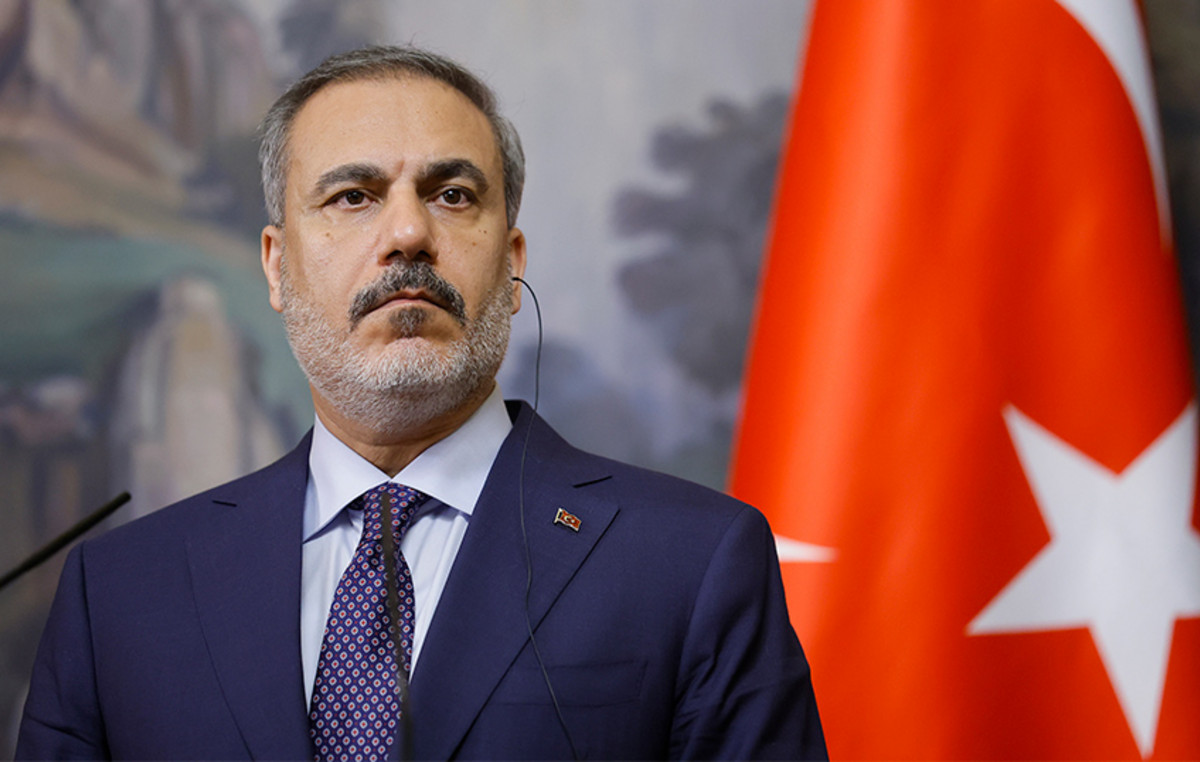Russia vetoed this Wednesday (24) a UN Security Council resolution drafted by the United States that called on countries to avoid an arms race in outer space.
“It’s a resolution that looks like a joke,” Russian UN Ambassador Vassily Nebenzia told reporters before the vote.
The analysis of the text comes after Washington accused Russia of developing a space-based anti-satellite nuclear weapon, an allegation the Russian government denied.
Speaking before the vote, US government officials declined to share intelligence details they had to support the accusation.
Robert Wood, deputy U.S. ambassador, said that if Russia did not vote in favor of the resolution “it would make us wonder if they are hiding something.”
The draft Security Council resolution was put to a vote by the United States and Japan after nearly six weeks of negotiations. The text received 13 votes in favor, while China abstained and Russia vetoed.
President Vladimir Putin said earlier this year that Russia was against deploying nuclear weapons in space.
“Our position is clear and transparent: we have always been categorically against and now we are against the deployment of nuclear weapons in space,” he highlighted.
The UN text highlighted the obligation to comply with the Outer Space Treaty and asked States “to actively contribute to the objective of the peaceful use of outer space and the prevention of an arms race in space”.
The 1967 Outer Space Treaty prohibits signatories, including Russia and the United States, from placing “in orbit around the Earth any objects carrying nuclear weapons or any other types of weapons of mass destruction.”
U.S. intelligence officials, according to three people familiar with the findings, believe Russia has the capability of a space-based nuclear bomb whose electromagnetic radiation, if detonated, would disable vast networks of satellites.
White House National Security Council spokesman John Kirby stressed that Russia has not yet deployed such a weapon.
Governments have increasingly viewed Earth-orbiting satellites as crucial assets that enable a range of military capabilities on Earth, with space-based communications and satellite-linked drones in the war in Ukraine serving as recent examples of the outsized role of the space in modern warfare.
Russia invaded neighboring Ukraine in February 2022.
Russian Deputy Foreign Minister Sergey Ryabkov said earlier this month that Moscow and Washington were in contact about not deploying nuclear weapons in space, the TASS news agency quoted him as saying.
“We are in contact because they have rejected further discussions on the topic,” said a senior US government official, speaking on condition of anonymity. “I don’t know if he’s referring to something else, but that was the level of contact we had on this matter.”
Source: CNN Brasil
Bruce Belcher is a seasoned author with over 5 years of experience in world news. He writes for online news websites and provides in-depth analysis on the world stock market. Bruce is known for his insightful perspectives and commitment to keeping the public informed.







